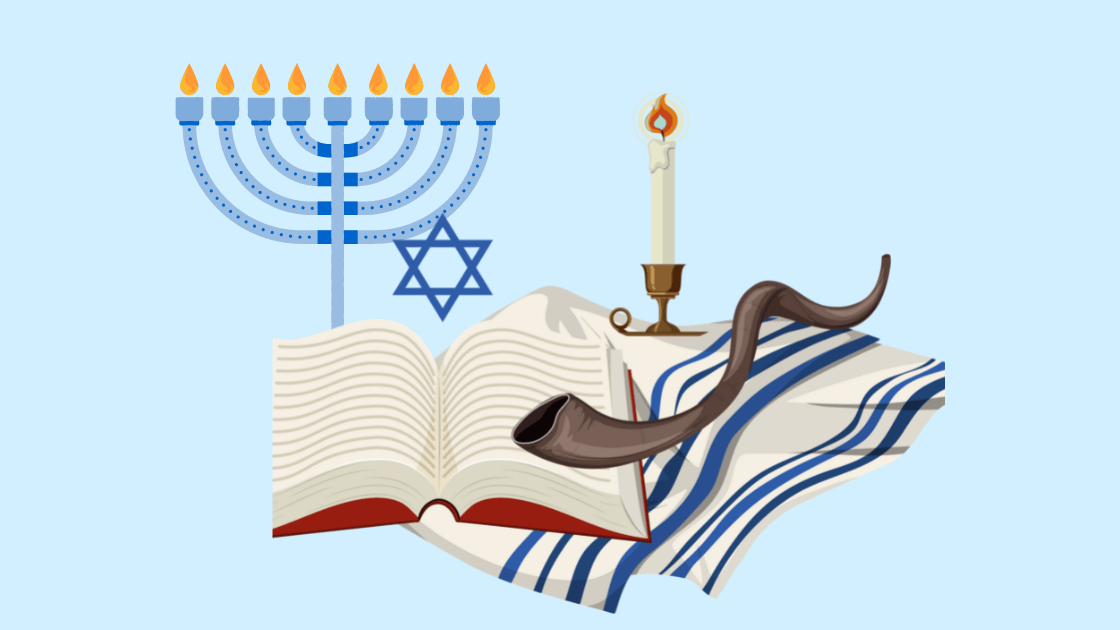Jewish funeral readings include prayers, a eulogy, and the reading of psalms. Traditional prayers and pslams recited at a Jewish funeral include the Mourner's Blessing, called “Mourner's Kaddish and the Memorial Prayer, called “El Maleh Rachamim,” Psalm 23 and 49, and more.
The purpose of a Jewish funeral is very similar to any other type of funeral: to say goodbye to the departed. The primary difference is in the traditions and readings that take place.
A Jewish burial typically takes place within 24 hours, so the body is not embalmed, and there is no viewing. A family will sit shiva and deeply mourn for seven days, which helps them through the grieving process.
If you find yourself losing a Jewish friend, there are a few things you should understand about Jewish tradition and how they navigate death.
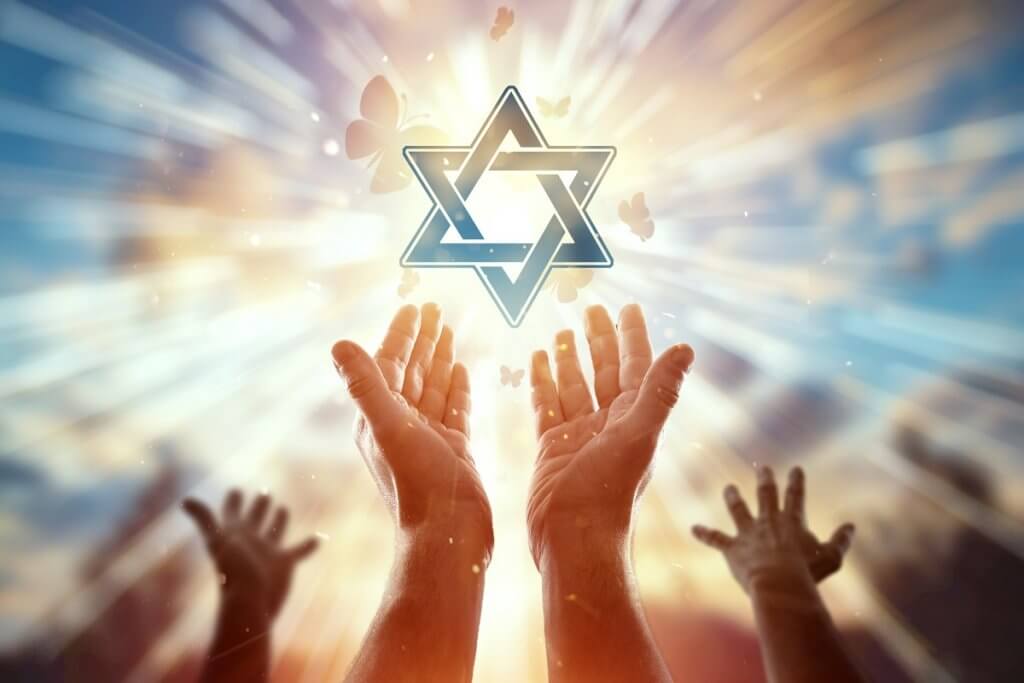
Table of Contents
Why Are Readings Done At Funerals?
Whether you are talking about a religious funeral or a secular one, the readings that are done have multiple purposes. Readings for those who practice the Jewish faith are based on the Torah (the first five books of the Old Testament.) Psalms, and other parts of the Tanakh, the Hebrew Bible.
Just like in other faiths, the readings are strategically chosen to provide comfort to anyone who is grieving. After losing a loved one, mourners can take a lot of comfort in hearing that their dearly departed is about to experience the joy of eternal life.
The bereaved can take comfort in a well-planned funeral service, guests get to offer condolences to the immediate family, and the deceased starts the journey to their final resting place.
What Are The Sources Of Readings For The Jewish Faith?
Followers of the Jewish faith read the Jewish sacred text of the Tanakh or Hebrew Bible. Tanakh is an acronym for the Torah, Nevi’im, and Ketuvim, the three parts of the Jewish tradition.
During a Jewish funeral, there are three major parts: prayers, a eulogy, and the reading of Psalms. The most commonly recited prayers are the Memorial Prayer, called “El Maleh Rachamim,” and the Mourner’s Blessing, called “Mourner’s Kaddish.”
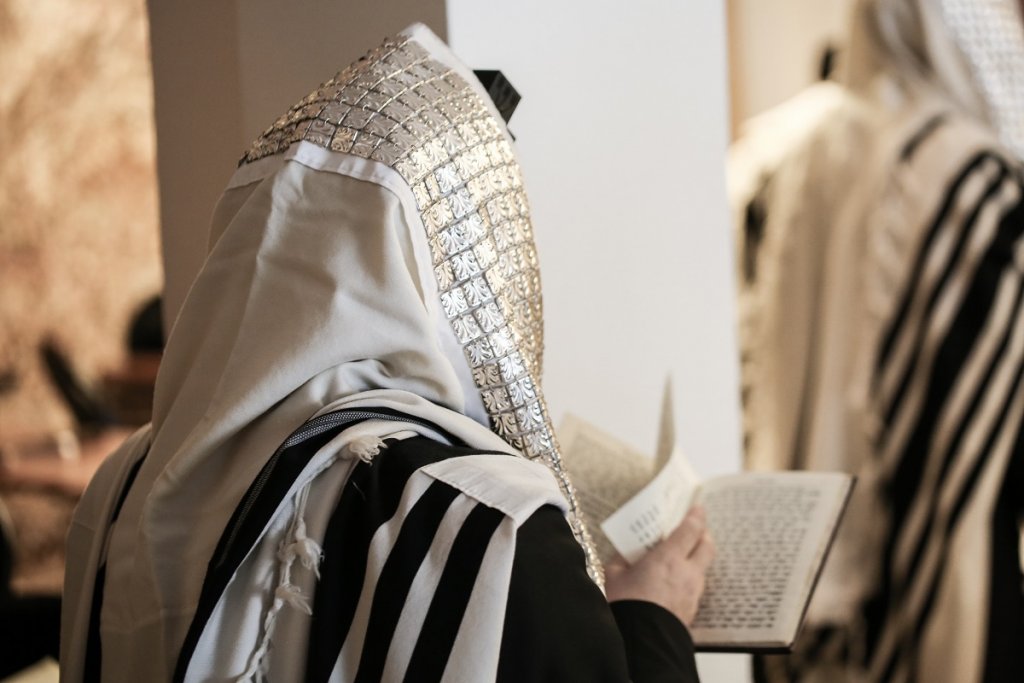
What Jewish Funeral Readings Are Traditional?
Those of the Jewish faith do share some similarities to Christianity as the first part of the Hebrew bible is the same as the first books in the Old Testament of the Bible.
Psalm 23
“The Lord is my shepherd; I shall not want. He has me lie down in green pastures, He leads me beside the still waters. He revives my soul; He guides me on paths of righteousness for His glory. Though I walk through the valley of the shadow of death, I fear no harm, For you are with me …. Surely goodness and mercy shall follow me all the days of my life, And I shall abide in the house of the Lord forever.”
Psalm 30
“You turned my mourning into dancing.
You have taken off my sackcloth and clothed me with joy.“
Psalm 90
“Lord, you have been our dwelling place throughout all generations. Before the mountains were born or you brought forth the earth and the world, from everlasting to everlasting, you are God. You turn men back to dust, saying, ‘Return to dust, O sons of men.'”
Psalm 121
“I lift up my eyes to the mountains — where does my help come from?
My help comes from Adonai, who made heaven and earth.”
Jewish Prayer of the Dead, the El Maleh Rachamim
“Oh God, full of compassion, who dwells on high, grant true rest upon the wings of the Divine Presence, in the exalted spheres of the holy and pure … Therefore, may the All-Merciful One shelter him with the cover of His wings forever, and bind his soul in the bond of life. The Lord is his heritage; may he rest in his resting place in peace; and let us say: Amen.”
The Mourner’s Kaddish
“May His great name be kept magnified and sanctified in the world that is to be created anew, where He will revive the dead, and raise them up to eternal life; and rebuild the city of Jerusalem, and establish His Temple in its midst; and uproot alien worship from the earth and restore the worship of Heaven to its place. May the Holy One, blessed be He, reign in His sovereignty and glory, during your life ring your days.”
What Is Man?
A compilation of Psalms references the cornerstone of Judaism, which is that life is fleeting.
“O Lord, what is man that You regard him, or the son of man that You take account of him? Man is like a breath, his days are like a passing shadow …. So teach us to treasure our days that we may get a wise heart. Observe the good man, and behold the upright, for there is immortality for the man of peace. Surely God will ransom my soul from the grave; He will gladly accept me …. The dust returns to the earth as it was, but the spirit returns to God who gave it.”
Though prayers and scriptures are at the heart of Jewish funerals, there is also a dialogue between the mourners and the synagogue leader known as “We Remember Them.”
“IN THE RISING of the sun, and in it’s going down, we remember them. From the moment I wake till I fall asleep, all that I do is remember them. In the blowing of the wind and the chill of winter, we remember them. On the frigid days of winter and the moments I breathe the cold air, I warm myself with their embrace and remember them. In the opening of buds and the rebirth of spring, we remember them. As the days grow longer and the outside becomes warmer, I am more awake, and I remember them.”
Who Does The Readings At Funerals?
The readings at a Jewish funeral are done by a rabbi if the funeral is done in a synagogue. A graveside service can be performed by a rabbi, a layperson, or a funeral director. With practicing Jews, a rabbi commonly does the service.
Sometimes people are born into Judaism but do not practice it into adulthood. Services held at a funeral home are often presided over by the funeral director, or you can invite family members or close friends to read a scripture or poems or just say a few words.
A eulogy is often part of a funeral and can be done by someone close to the deceased, like a good friend or family member. However, oftentimes a rabbi will speak to many members of the deceased person’s family and put together a eulogy that he will give. The eulogy at a Jewish funeral is called the hesped.
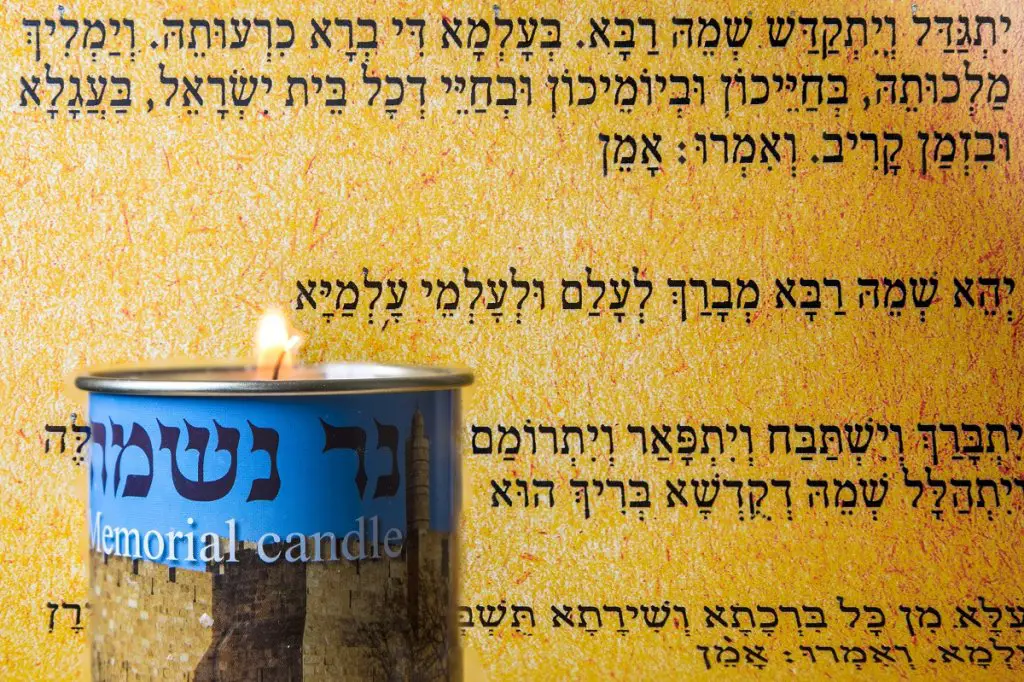
How Are Readings Used Throughout The Mourning Period?
As soon as a Jewish person hears someone has died, they recite the words, “Baruch dayan emet,” (“Blessed be the one true Judge.”) From that point on, someone is guarding or watching the body, a practice called shmira. The person recites psalms (Tehillim) as they watch over the deceased.
The Jewish mourning period is unique. The immediate family sits shiva for seven days, and Jewish law requires the family to say the Mourner’s Kaddish three times each day for the duration. When you visit the mourners, which is a mitzvah, visitors say, “Ha-Makom ye-nachem etchem be-toch she’ar avelay Tziyon vi-Yerushala’yim.” (“May the Lord comfort you together with all mourners of Zion and Jerusalem.”)
After shiva is done, there is a second mourning period that is called sheloshim, which is the Hebrew word for 30. The family can start to slowly resume some normal practices at this time. The countdown starts after the funeral, so shiva is the first seven days. After those 30 days, the immediate family continues mourning for a full year.
The anniversary of death is called a yahrzeit, and it is observed by reciting the kaddish and lighting either a memorial candle or lamp in memory of your loved one. The headstone on the grave is consecrated in an unveiling ceremony.
What Types of Readings Are Done For Those Who Are Not Religious?
Some popular poems used at a Jewish funeral are:
Do Not Stand At My Grave And Weep by Mary Elizabeth Frye
Do not stand at my grave and weep; I am not there.
I do not sleep.
I am a thousand winds that blow.
I am the diamond glints on snow.
I am the sunlight on ripened grain.
I am the gentle autumn rain.
When you awaken in the morning’s hush, I am the swift uplifting rush Of quiet birds in circled flight.
I am the soft stars that shine at night.
Do not stand at my grave and cry; I am not there.
I did not die.
God Gives and God Takes by Rabbi Allen S. Maller
God gives opportunities for us to love but not forever.
God takes opportunities away after a while.
So don’t hesitate or delay or curse the darkness while remaining mired in sadness and hopelessness, because God gives; and God takes away.
Blessed be the name of the LORD.
But why bless the LORD when God takes away?
Because if the opportunities were always there, we would wait until the time was just right and never make the leap, and more of life would slip away.
So God gives and God takes; Blessed be God’s name.
When Will I Be Myself Again by Rabbi Lewis John Eron
“When will I be myself again?”
Some Tuesday, perhaps, In the late afternoon,
Sitting quietly with a cup of tea,
And a cookie;
Or Wednesday, same time or later,
You will stir from a nap and see her;
You will pick up the phone to call her;
You will hear her voice – unexpected advice –
And maybe argue.
And you will not be frightened,
And you will not be sad,
And you will not be alone,
Not alone at all,
And your tears will warm you.
But not today,
And not tomorrow,
And not tomorrow’s tomorrow,
But some day,
Some Tuesday, late in the afternoon,
Sitting quietly with a cup of tea,
And a cookie;
And you will be yourself again.
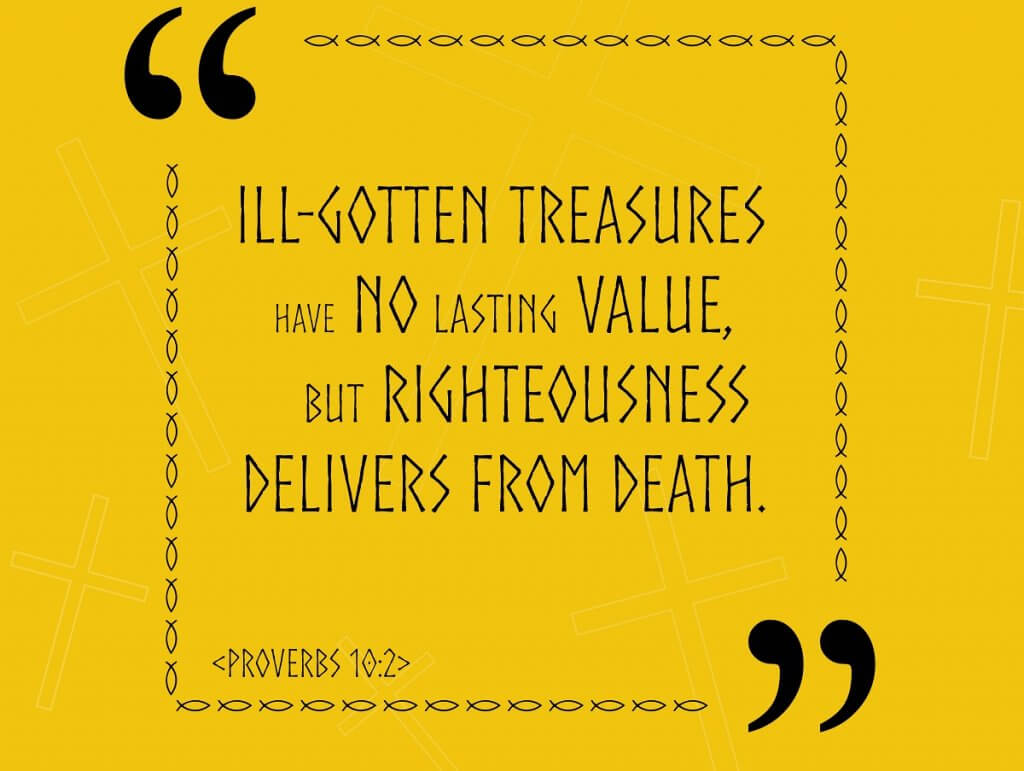
Jewish Proverbs
“What soap is for the body, tears are for the soul. “
– Jewish Proverb
“As long as we live, they too will live; for they are now are a part of us; as we remember them.”
– Jewish Prayer
“The ‘gift’ of grief is that it presents us with the opportunity to heal and grow.“
– Jewish Proverb
“God is closest to those with broken hearts.“
– Jewish Proverb
If, after reading this article on Jewish Funeral Readings, you are interested in what other faiths use as readings in their funeral services, check our companion articles:

